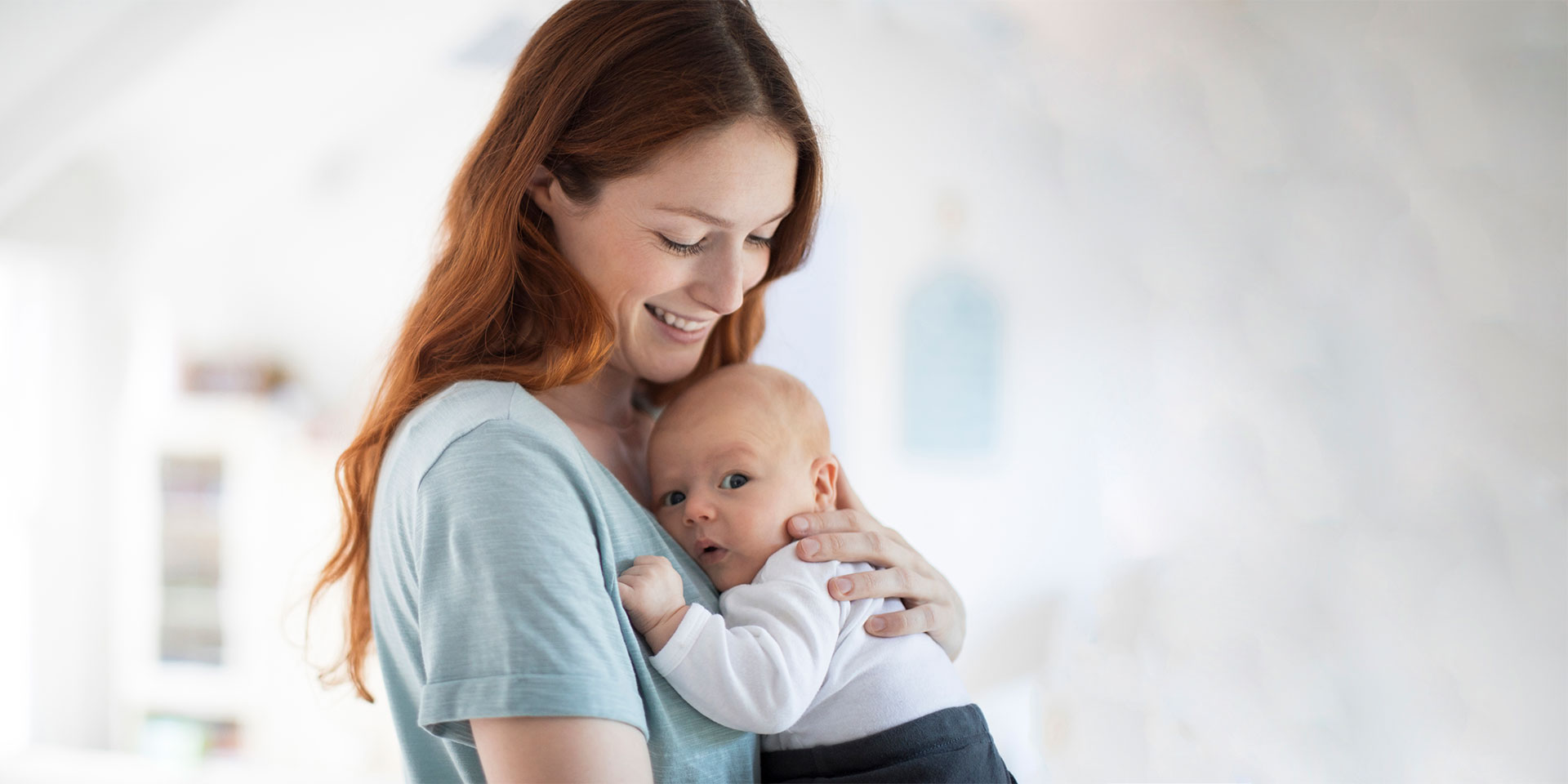There was a time when the word parenting would cause me to either roll my eyes or shrug. It was a time when seven hours of sleep a night, instead of at least eight, had the destabilizing potential of a hurricane, a time when the clear voices of children in the park would compel me to grab a book and read under my blanket.
Times change, and eventually the time came when the same clear voices in the park stopped me just as I, tucked under a comfy blanket, would reach for the book that was waiting to be read. I became an attentive person. And an expert too, of course. One simply cannot have one’s own child without reassuring oneself that when the child appears, one will surely never… (insert here whatever you’d like, just because you can).
“1…2…3…run to the wall! Freeze!” is a game played by at least three players, and the fun increases with their number. One player counts, facing a wall, and the rest are placed at the starting line, a few meters behind. The counting player shouts “1…2…3…run to the wall! Freeze!” and turns abruptly to the others who, during the count, advance towards the wall, trying not to be seen moving. The one who counts can speak slower or faster, in order to surprise the other players, and the one caught moving is sent back to the starting line. The first to reach the wall, without being seen, wins.
Many months, projections, desires and dreams later, I became a mother. Well supported by a husband and with a sister by my side who’s also a mother, what could go wrong in our house? The birth was smooth, the baby was adorable. But the mother was down, wishing for a minor accident that would temporarily render her unavailable and from which she would need to recover on an exotic island for the next two years. “What was I thinking? This child is crying, this child needs me non-stop, where is the life with a book in my hands under a comfy blanket!?”
Accompanying these questions was a heavy and painful sense of guilt. In retrospect, as I looked over the park fence, the scales tilted dramatically in favour of the mothers there. The perfect ones, always knowing what the child’s needs are and fulfilling them, looking them in the eye and getting lost in their cute cooing. ALL other mothers knew everything, worked instinctively, were calm, while I dreamed of an accident.
This was my first encounter with the feeling, a real conviction, back then, that I was not what my child needed. I felt an overwhelming responsibility, a hardship that I did not know how to explain to myself or to anyone—a feeling of inadequacy compared to the “normality” of the park and of the other mothers. The healthy advice to relax turned itself into a stressor and closed the circle of belief that something was wrong with me.
Parenting: what do you do when you don’t know what to do?
Resume the count—slowly, like in kindergarten, rejoicing in the small success of going from 1 to 2. How is this done? I believe in the path of every mother towards herself and her child. In other words, I believe in customized solutions, so rarely valid for everyone. For me, it meant letting myself cry with the baby in my arms and telling him that I had no idea how to do this job that the two of us, and then the three, had begun. It was admitting that I was afraid, that I can’t handle it, that lack of sleep transforms me and dries me up.
It meant putting aside everything I had read about a child’s sleep and discovering that sometimes all I needed to do was look him in the eye and smile at him.
Unfortunately, this didn’t keep me from trudging up and down his room while trying to get him to sleep. My path to feeling a mother also meant taking a deep breath and telling those around me that I needed to be alone with my baby, to give myself time to get to know him and become friends with him. The love for our offspring must be imprinted in our DNA, but love was not what helped me win in the fight against the guilt that weighed on me because I was overwhelmingly responsible for this being that was totally dependent on me. I won by acknowledging that I’m not an expert. And I decided to start over as many times as it was necessary for me to succeed.
So I began looking for things, people and situations that would influence me in a positive way. I will never stop thanking the person who perfected the chocolate recipe, the friend who knocked at the door with a cake in her hand, and those articles that gave me hope that everything that happened to us was normal and simply part of our story.
I’m starting to get the hang of this! Or am I…?
“Hold on, folks! It’s starting to work out!” I said, drunk with cuteness, a few months after guilt finished chewing on me. The road from “I have no idea what I’m doing” to “No one knows better than me what my child needs” was surprisingly short and full of pitfalls. No meal skipped, not an hour of lost sleep, no “bath time” overlooked. Trying to do everything by the book is often damaging and extra-tiring, considering the fact that my seven hours of sleep that once foreshadowed a hurricane already seemed an ancient fantasy.
Trying to do everything by the book is often damaging.
The endless source of information called the internet has been a real help to me in setting completely useless standards. The best diapers, the most useful creams and the toys that best stimulate a child’s development were among the steps that needed to be taken in order to strengthen the above useless standards. The next step was—can you guess?—the park. How to help your child talk sooner while simultaneously potty training or weaning them off their pacifier, after having previously played detective in order to find the best diaper material and the most natural shape for the pacifier, is a subject for which you must be mentally prepared when meeting the mothers of the other children who “by ten months of age were already walking”.
The emotional roller coaster continued naturally. How do you give the best of everything to your child? You decide, hoping and praying that you are not wrong, that you and your child have your own way and that you are enough. That the feeling that floods your chest with happiness which you don’t know exactly how to put into words is not maintained by the organic material of their clothes, nor by the outside approval of the fact that the 5 o’clock fruit meal must (or must not) be accompanied by cereals.
Look at your child
Some of the most precious lessons of parenting are learned in strange places, like the carpet in the middle of the room, that magical space that brings together toys, clothes and lint, in a mess that keeps your mind…not quite clear. The discovery of this magical space coincided with the reading of the first parenting book whose message stuck with me and which shed light on the future. Playful Parenting, by Larry Cohen[1], showed me that it’s enough to sit on the carpet and be available, present with my mind and heart, next to my child. I was not and should not expect to be the expert in the game, because by nature, children are experts in the field and they generously give lessons to anyone who is willing to receive them.
However, the thorny fear of not being the right person for your child doesn’t go for a walk after play sessions or reading of book, nor does it disappear when the child is obviously well. The first months, even the first years, mean continuous changes—it’s natural. To the same extent, these changes amply provide the raw material for the shameless pressure and anxiety in the form of the useless standards we talked about above, or the disapproving looks from the same old and (un)friendly park mates: “What? Almost two years old and he’s only able to use two words?”
The good part is that the same changes willingly or unwillingly train the muscle of adaptation—resilience—and they bring along a continuous pendulum swing between the moments of stopping and integrating the new stages, and the moments when we put the backpack on again and start a new journey.
In this unfolding of more and more challenging forces and situations, looking into the child’s eyes to understand where you stand seems terribly simple.
However, trying to see them for who they are, discovering their authentic self and not turning them into ourselves is terribly difficult. It means sitting quietly on the carpet at play and allowing—at least some of the time—the Lego pieces to be arranged differently to what the instructions say, but according to what is desired by the child. My obsessive-compulsive side still protests and cries inconsolably whenever something like this happens. “It’s very good this way too,” I tell myself, taking a deep breath as the yellow piece becomes the beak of a bird that collects diamonds to turn them into doll-houses.
Parenting: what’s next?
The changing times ensure that there will never be a lack of challenges. The once-dependent baby becomes a vocal child who really wants to do everything by himself. Before you blink and wake up, he’s at kindergarten age, and three breaths later you are looking for a school backpack that is anatomically suitable for his back.
The once-dependent baby becomes a vocal child who really wants to do everything by himself.
At each stage, the angel on my left shoulder whispers condescendingly and convincingly that maybe the other kindergarten was better, or that I didn’t invest enough time in finding the right school. He becomes treacherous and assures me that the problems could have been easily avoided if I had been more present and more attentive. Fortunately, the angel on my right shoulder remembers to intervene and stop the enumeration of catastrophic mistakes. The carpet in the middle of the room keeps its magical properties and nourishes my hope that it is healthy not to take ourselves too seriously; that it is vital to cheerfully say “Freeze!” and turn my face away from the invisible, but so tangible, wall of pressures of all kinds and to give credit to the bird built with Lego pieces that it will know how to build that doll-house and that the story will eventually end with “…they lived happily ever after.”
Sara Babeș believes that playing with, accepting and cultivating a connection with little ones are the most handy and effective solutions for today’s parents, who are under pressures of all kinds.



















